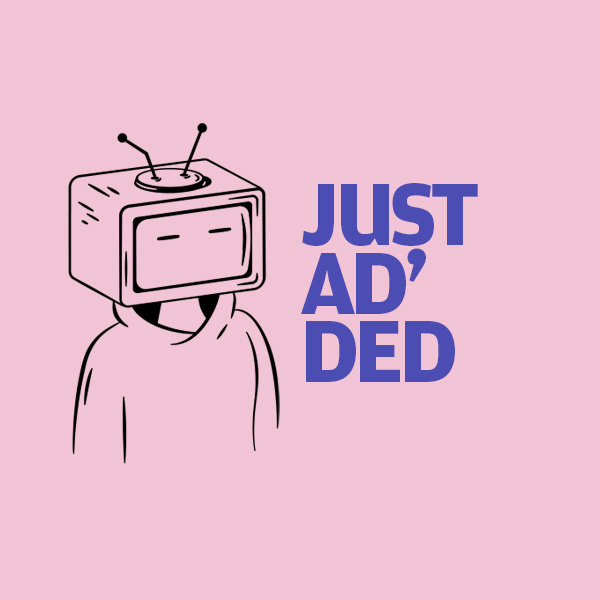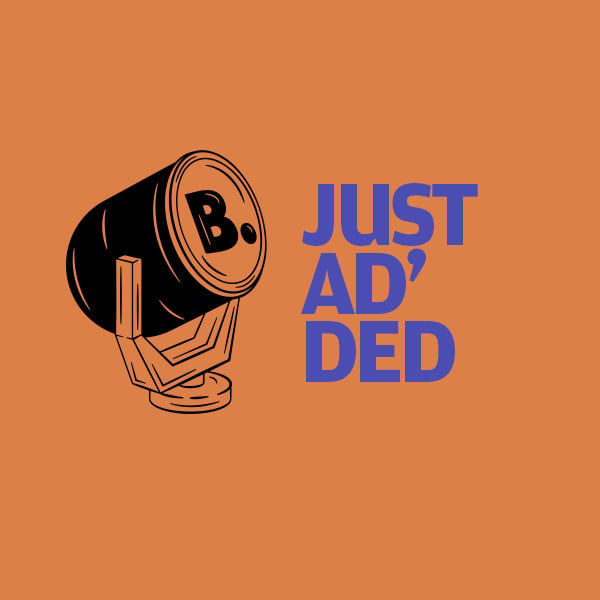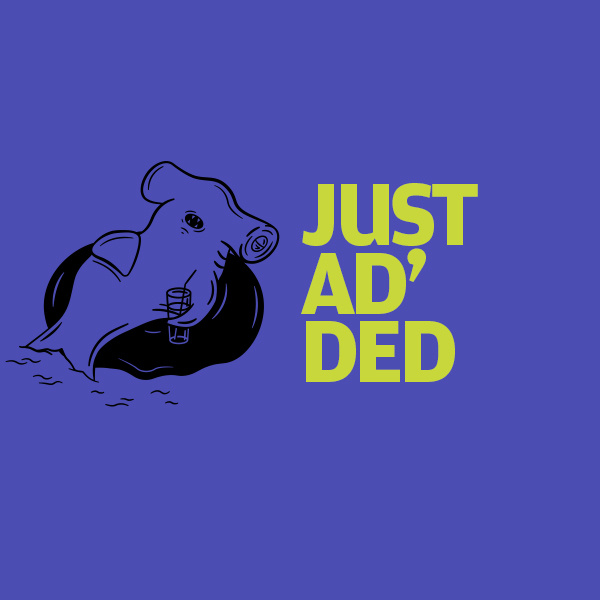Just Ad'ed August 19-23
This week: Google’s AI-powered product pics promise to boost your clicks, LinkedIn unveils essential carousel ad specs, Meta dominates the digital ad...

This week: Meta shifts focus away from exclusion targeting, LinkedIn empowers brands with new newsletter sponsorship options, AI struggles to ensure brand safety in digital ads, Google recovers from a major reporting glitch, and SE Ranking uncovers crucial SEO insights in the evolving landscape of AI-powered search.
On July 29, 2024, Meta removed the option to use detailed targeting exclusions in new ad sets. Existing campaigns with these exclusions will be unaffected until January 31, 2025, after which they will no longer be delivered.
This change could impact your advertising strategy, especially if you rely on excluding specific audiences to optimize performance. Meta’s tests indicate that not using these exclusions may lead to lower costs per conversion, but it also means you’ll need to adjust how you target ads.
Review and update any ad sets that use detailed targeting exclusions. Explore alternative exclusion options, such as Custom Audience exclusions, and use the audience controls in your Advertising settings to maintain audience precision.
LinkedIn has expanded its sponsored newsletter feature, allowing brands to sponsor not just their own newsletters but also those created by other users in the app. This new option enables brands to place their branding on popular newsletters by thought leaders in their industry, increasing the reach of these publications through paid promotions.
This expansion offers brands a new way to tap into established audiences and enhance their visibility on LinkedIn. With the growing popularity of newsletters on the platform—engagement has risen by 47% over the past year—sponsoring a well-regarded newsletter could significantly boost brand exposure and align companies with trusted industry voices.
Brands should explore sponsoring relevant newsletters to reach niche audiences more effectively. Consider which thought leaders or industry newsletters align with your brand values and could offer meaningful exposure.
A new report from Adalytics reveals that hundreds of brands have been placed next to unsafe content on user-generated content (UGC) websites, despite using brand-safety technology from major providers like DoubleVerify and Integral Ad Science. The report raises concerns about the effectiveness of AI-driven brand safety tools.
For advertisers spending millions on brand safety, this report questions whether AI tools are truly protecting their investments. The findings suggest that these tools may be over-promised and under-delivering, leading to potential reputational risks and wasted spend on ineffective technology.
Advertisers should demand more transparency and comprehensive reporting from brand safety providers. It may be necessary to reevaluate the current reliance on AI tools and consider alternative or additional measures to ensure that ads are placed in safe and appropriate environments.
Google Ads experienced a major reporting glitch that exposed some advertisers to data from other accounts and disrupted reporting services. The issue began on July 30, 2024, and most services have since been restored, with Google promising credits to those affected.
This glitch raised significant privacy concerns, as advertisers were exposed to data from other Google Merchant Center accounts. The incident highlights vulnerabilities in the advertising ecosystem and the importance of maintaining data integrity and privacy.
Advertisers should closely review their accounts for any discrepancies and await further communication from Google regarding credits and corrections. It’s also a reminder to stay vigilant about data security and to have contingency plans in place for unexpected disruptions in ad services.
SE Ranking conducted an in-depth study on Google AI Overviews (AIOs) and their impact on search visibility. The study examined the sources prioritized by AI Overviews, providing insights into how these AI-generated answers function and how they may affect SEO strategies.
As Google AI Overviews become a more prominent part of search results, understanding their behavior is crucial for SEO specialists, website owners, and businesses. The study's findings highlight the changing dynamics of search visibility, emphasizing the need to adapt content strategies to maintain or improve rankings.
Businesses and SEO specialists should leverage the insights from this study to refine their content strategies. Focus on optimizing for the niches and query types most likely to trigger AI Overviews, and ensure your content aligns with top-linked domains in these AI-generated answers.

This week: Google’s AI-powered product pics promise to boost your clicks, LinkedIn unveils essential carousel ad specs, Meta dominates the digital ad...

This week: Meta introduces AI-powered A/B testing for ad creatives, Google Ads adds "moment targeting" for time-specific campaigns, TikTok tests...

This week: Twitter (X) launches customizable ad targeting, Facebook integrates AI-driven video editing for ads, Google Ads introduces new real-time...